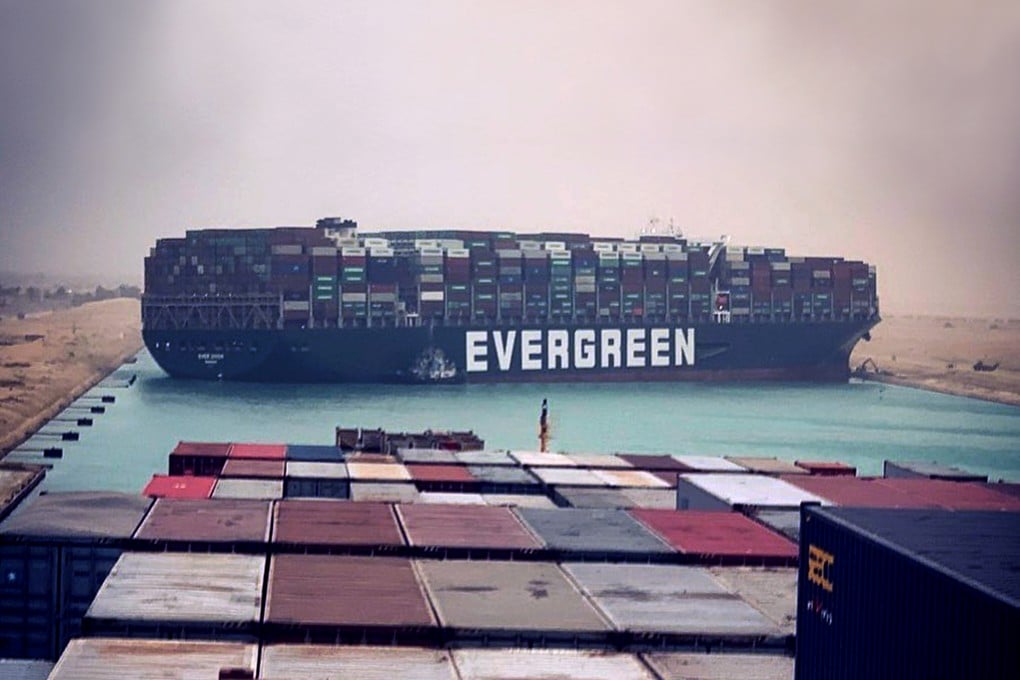Outside In | Suez Canal blockage shows vulnerability of world’s trade choke points
- The canal is just one of 14 choke points that experts have identified as vital to global food, oil and grain supplies. Yet there remains a lack of international effort to address such fragilities

Global oil prices shot up 6 per cent overnight, and already-high freight rates spiked. By Friday morning, more than 200 ships were stalled – many travelling from the Mediterranean towards the Indian Ocean, and others travelling north towards Europe and the United States. Around 13 million barrels of crude oil and oil products were held up. Millions of containers carrying everything from grains to chilled meat and furniture were trapped on the not-so-high seas.
Almost immediately, ports in Europe and Asia gummed up as ships bound for the Suez Canal were forced to idle. Import-dependent Asian economies such as China and South Korea anxiously reviewed stockpiles of crude oil, liquefied petroleum gas, grains and food products.
Depending on how quickly the blockage clears, trade disruptions may only be temporary, but the accident is a clear reminder of the vulnerabilities of global trade and its long, complex supply chains.
The Suez Canal is one of 14 critical choke points for global trade identified by Chatham House researchers in a prescient 2017 report, and as global trade has grown – in particular for grains, food and oil-based products – so the imperative for international cooperation in addressing choke point vulnerabilities has strengthened. Needless to say, such international cooperation remains virtually non-existent.

